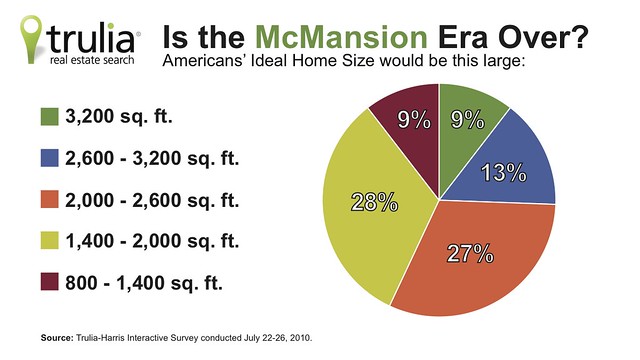There has never been a time when it was better to get in on buying some real estate. It is one of the most profitable markets and with the low rates, it requires the least initial investment. Taking this advice will get you on the path to nearly guaranteed profits.
When trying to negotiate the purchase of real estate, don’t be too accommodating or too inflexible. Try to strike a reasonable balance between the two approaches. Many buyers try to offer a real low offer; however, most times this approach will not get you the property that you want. However, you should always stand firm on your wants. Allow your lawyer and Realtor to attend negotiations because they have experience in negotiating.
If a home is a real fixer and needs lots of work, you can probably get it for a good price. You may end up getting a real bargain that you can fix up exactly the way you want it. You will be able to design a home that you want to live in, and build equity with every improvement that you make. It is important to look at the positive potential in the home rather than the drawbacks. It’s quite possible that behind that ugly, outdated paneling, your dream home is hiding.
When house hunting, you should take into account what may happen in your future. Although your family situation may be that you don’t have children when making the purchase, take the education options in the neighborhood into consideration. This way as your family grows, you will be confident there are good schools nearby.
Be flexible when you are making choices. You may not be able to afford the perfect house in the perfect community, but you may be able to afford one or the other. If you can’t find a home in the area you want, shop for one in a similar area.
Closing Costs
You need to expect extra fees or costs if you are buying a home. Closing costs are generally calculated based on the down payment, interest rates the bank charges, and real estate taxes that have been pro-rated. In most cases though, the closing costs include additional items, such as school taxes, improvement bonds and other items specific to the area.
Before purchasing a home in an unfamiliar neighborhood, check out that neighborhood using your state’s sex offender database. Do your own research on finding sex offender data around the area of your new home. Don’t expect a real estate agent to volunteer that information, especially if the area might not end up being the safest to live in. Protect yourself by researching on your own.
You should always have your home inspected before you purchase it. You do not want to be stuck with a house that needs major renovations. An inspector will give you a good idea of how much renovations will cost you and how long they will take.
Try to buy houses that have fireplaces only in the family room. You will find yourself not using these fireplaces and wasting time keeping up with them.
In the majority of cases, a home that has been foreclosed on will need repairs. A lot of foreclosed homes sit vacant for a while before coming to the market, so needed upkeep has probably not been done. Problems might be easy to fix or more severe, so have an inspector take a look at the house before you close on it. It might need a new HVAC system, or pest control services.
Don’t start searching for a house until you have a mortgage prequalification letter from the bank in hand. You don’t want to discover the home you love without being able to pay for it. Getting a loan might take some time and you want to make sure you will have the money on time for the transaction.
Those who are wise and jump into this swirling market should follow the above article closely. It will help you avoid trouble and walk away with real estate that is under-priced and growing constantly in value. The key is to purchase the property and hold until the time is right before you make your big move.
